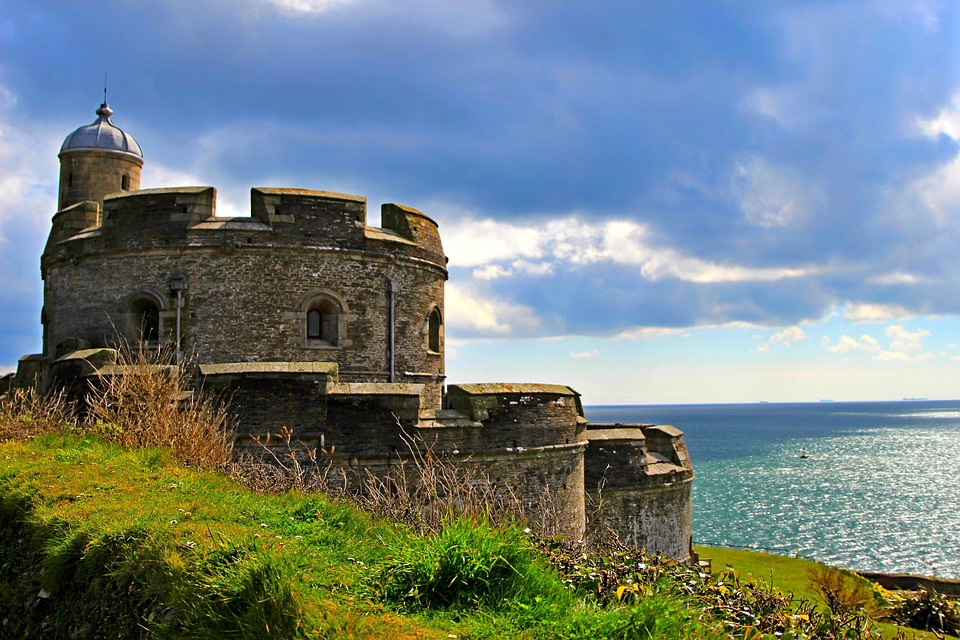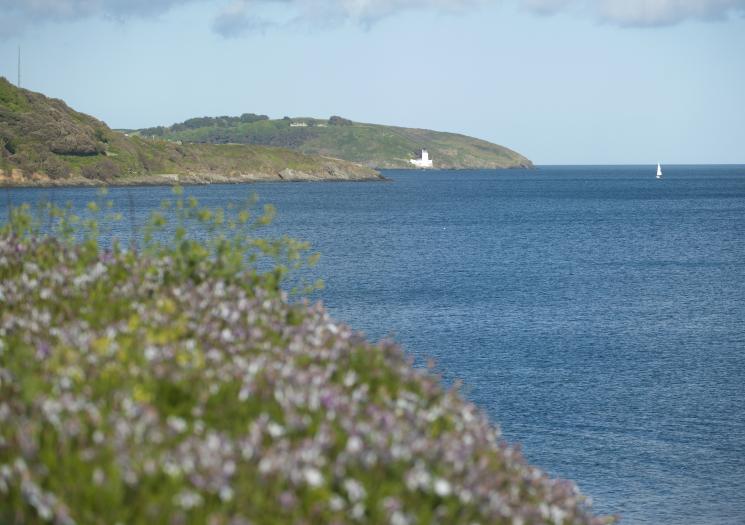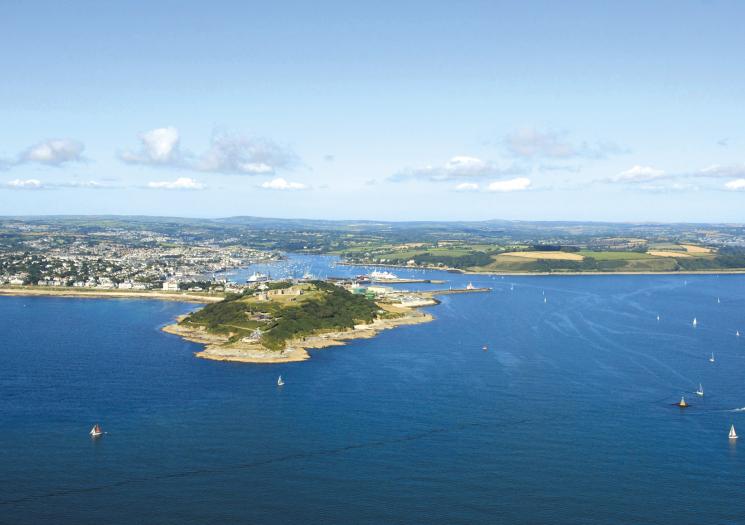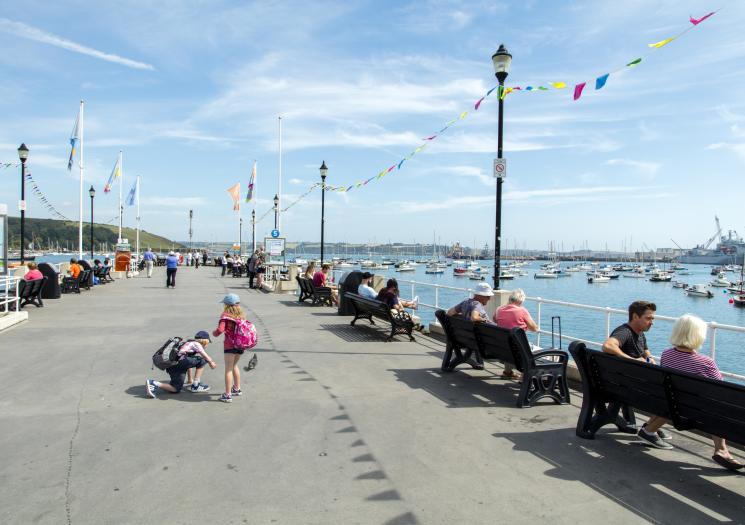
Falmouth may seem on the outside like a simple port town in the Cornish countryside, but at one point this port was one of the most important in the whole of the British Empire. Before setting sail on one of our luxury Falmouth holidays, learn about the town through five vital moments in history that shaped it into the beautiful town we know and love today.
1. Henry VIII and The Civil War.
What may surprise you is that Falmouth is a comparatively young port town. During the 16th century, the area now known as Falmouth was merely a port, connecting to the main towns of the area, like Penryn further north. However, the port was crucial for trade to the west of Britain, and in 1540 Henry VIII built Pendennis Castle to help defend it. That, combined with St Mawes Castle on the other side of the Carrick Roads Estuary, meant that the port became a reliable stronghold.
It’s not surprising, then, that at the end of the Civil War during the 1600s, Pendennis Castle was one of the very last Royalist strongholds before they surrendered to the Parliamentary Army.
2. Sir John Killigrew’s enterprise
While the importance of this westerly port continued to grow during the late 16th and early 17th centuries, at the time only one family lived in the area – the Killigrew family at the prestigious Arwenack House. At the time, Sir John Killigrew was the most powerful man in Cornwall, and it was his connections that allowed him to start building more homes in the area, despite opposition from established towns such as Helston and Truro.
It was around 1613 when houses began to be built, and more people started living in the area around the port. Initially, the area was divided into two hamlets – Smithicke and Pennycomequick.

3. King Charles’ Charter
Despite Killigrew’s success in the area, building a market and custom house during the 1650s, Falmouth didn’t come into official existence until 1661, when King Charles II gave Sir John Killigrew a charter, allowing the selection of a mayor and giving the townspeople certain rights. Charles II declared that the two hamlets would combine to create Falmouth, giving birth to the town we know today.
In return, King Charles II asked that a church be built in the town dedicated to his father, King Charles the Martyr. Very quickly the small, makeshift hamlets became a recognised parish town, with hundreds of homes built around the new church during the 1660s.

4. Royal Mail and the Docks
Following on from the minor boom of the church, in 1688 Falmouth was made into the Royal Mail Packing Station. This was a vitally important role in the expanding British Empire, and Falmouth harbour was filled with packing ships that transported important news and private goods to London and the far reaches of the globe. The town boomed – Falmouth quickly became one of Britain’s most important and busiest ports, with the packing business passing through its harbour for the next 150 years.
In the late 1850s, the development of Falmouth Docks began. As the Steam Age meant the packing business left Falmouth and returned to London, the town transformed into a thriving trading centre for people across the world.

5. The Railway, Maritime Museum and Falmouth University.
Just a few years after the docks were built, the national railway reached Falmouth. This was a significant event, as the town suddenly found a new and vital revenue stream that would last for centuries – tourism. As time continued to pass, and technology meant that it was easier for people to trade elsewhere, Falmouth began its natural transformation from a hub of trade into a place for people to visit, thanks to the history that had come before it.
Nowadays Falmouth’s main industry is tourism. The Maritime Museum was opened in 2003 by HRH Prince Andrew, and the town continues to attract guests from across the world thanks to its achievements – Sir Robin Knox-Johnston, the first man to sail around the globe single-handed in the 1960s, begun and completed his journey from Falmouth’s port. Falmouth University received its full university status in 2012, becoming the first university in Cornwall and marking the next step into the future for this vital town.
Falmouth is a fantastically progressive town steeped in history. You can find out more by reading about a history of Falmouth, and hopefully, filled with all this knowledge, you’ll be able to see the town in a brand-new light when you next visit!